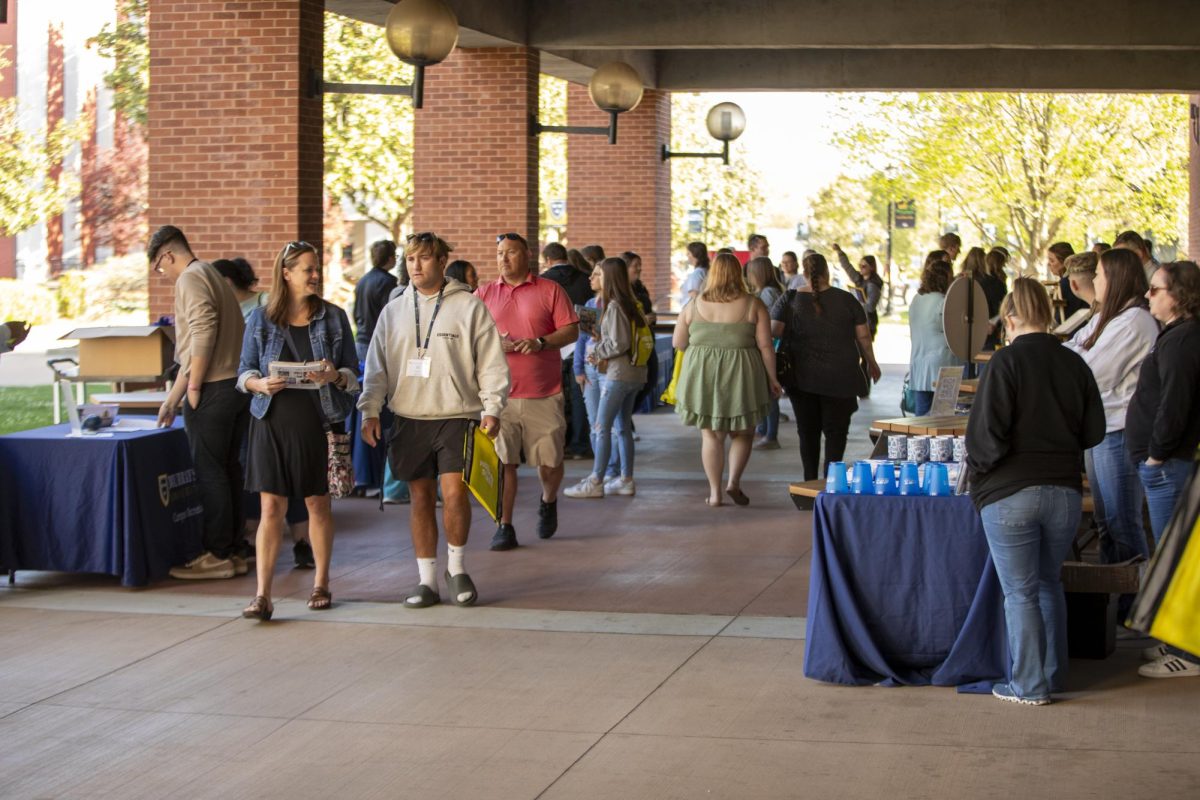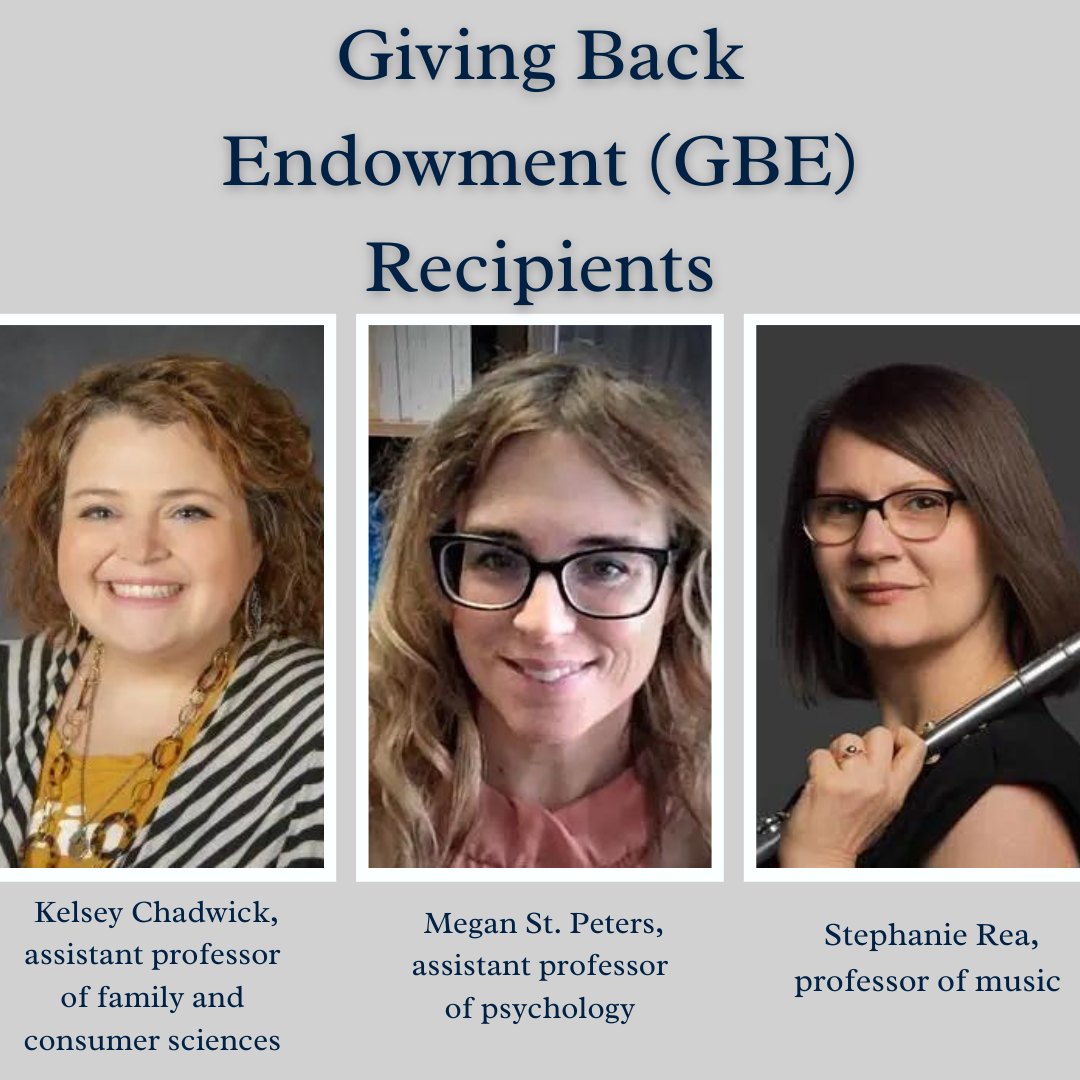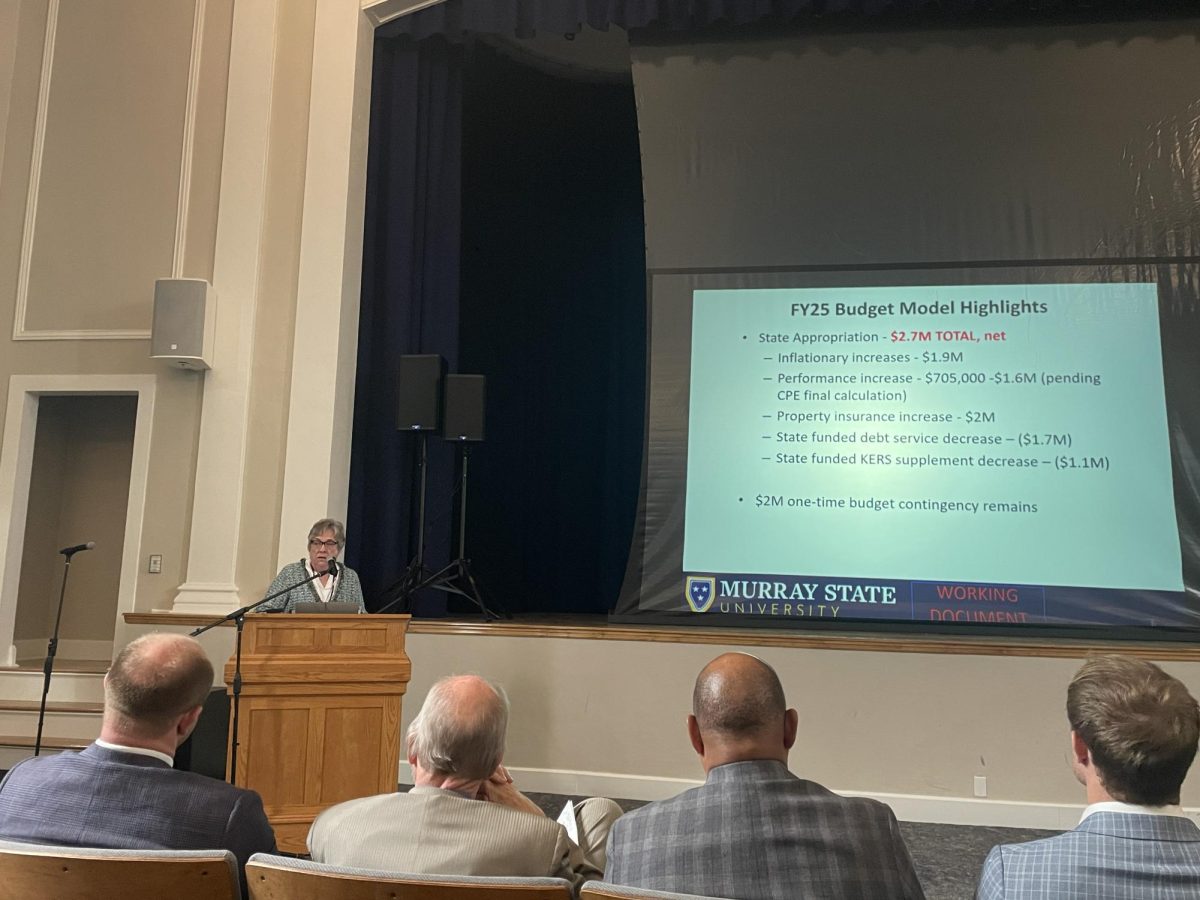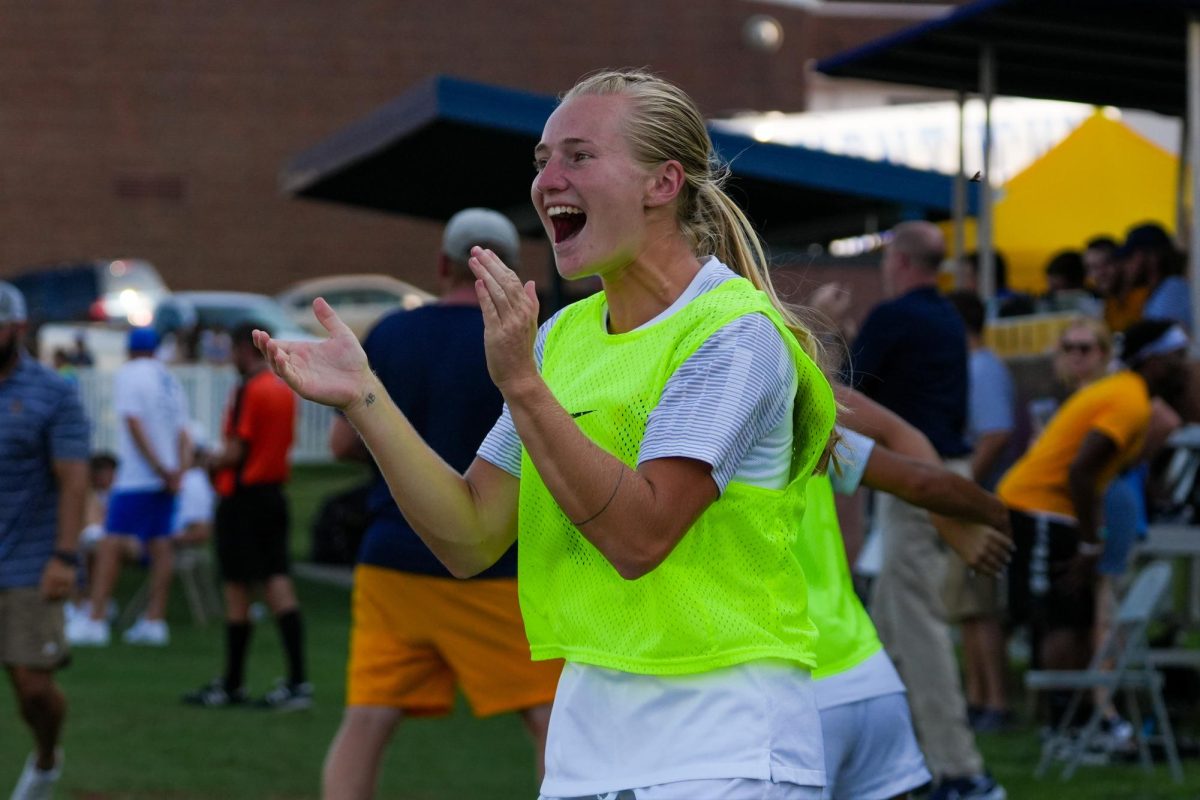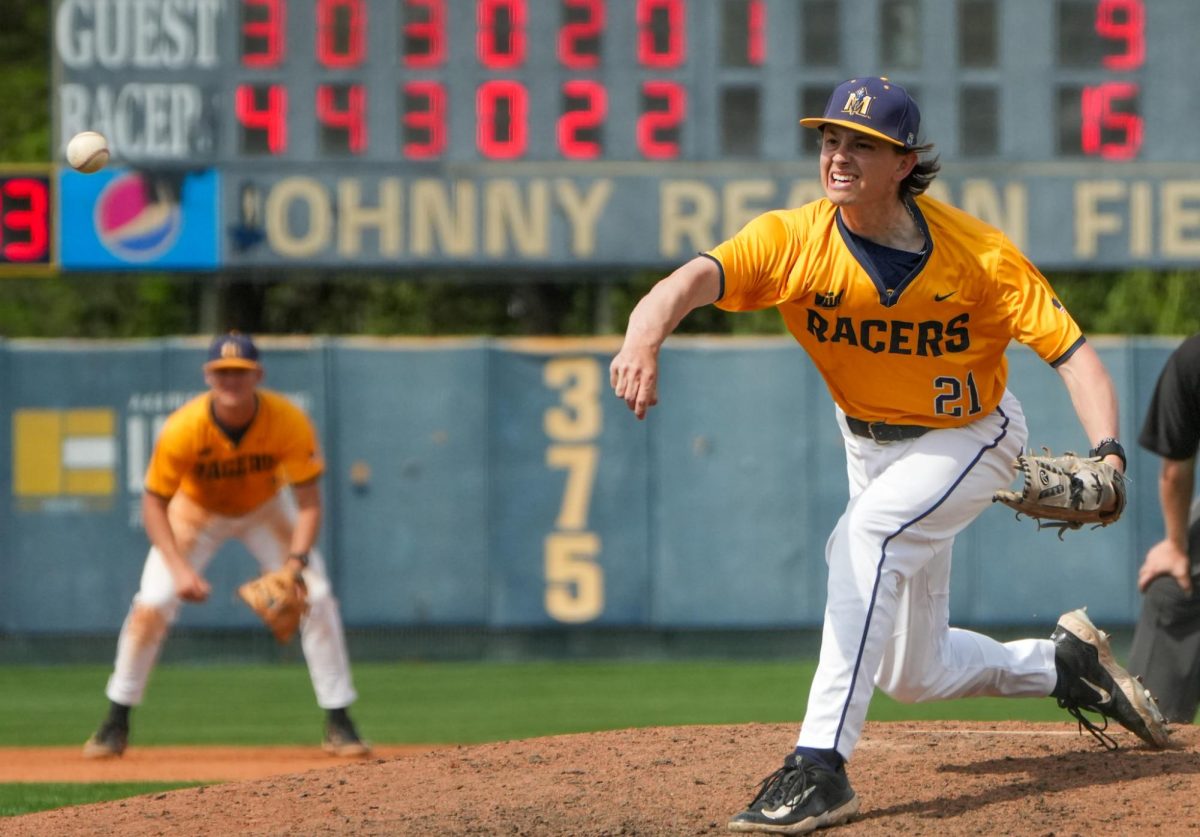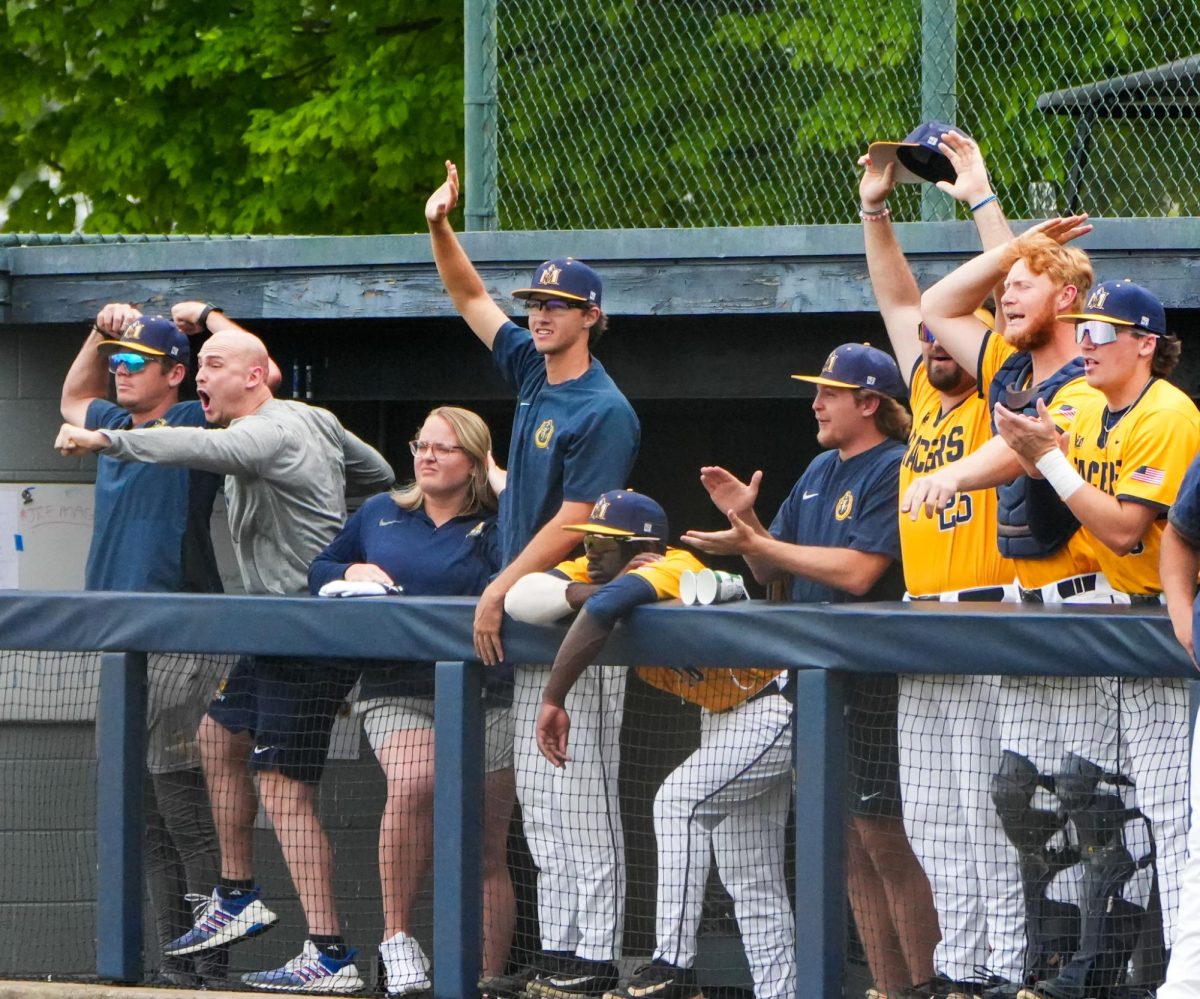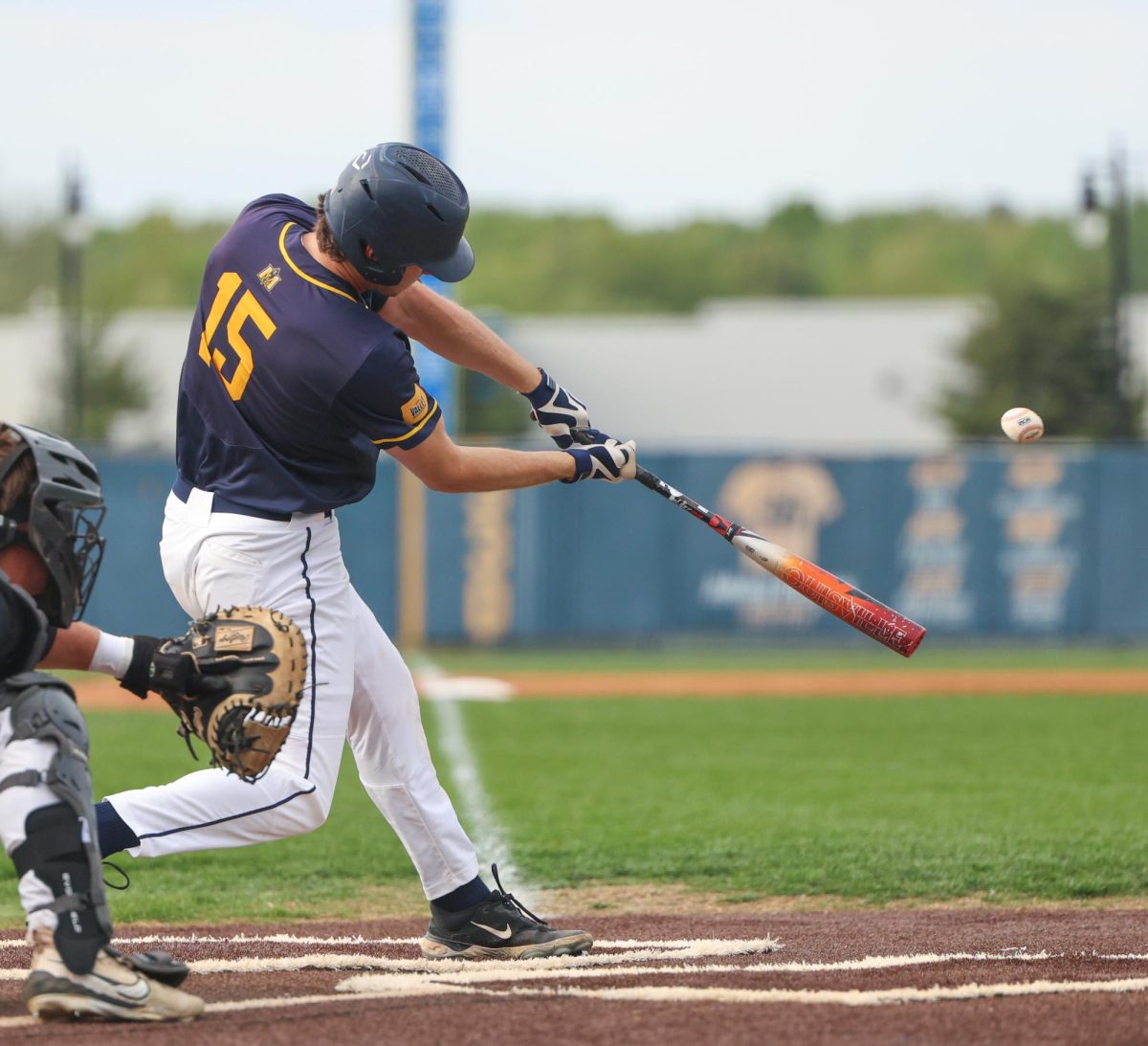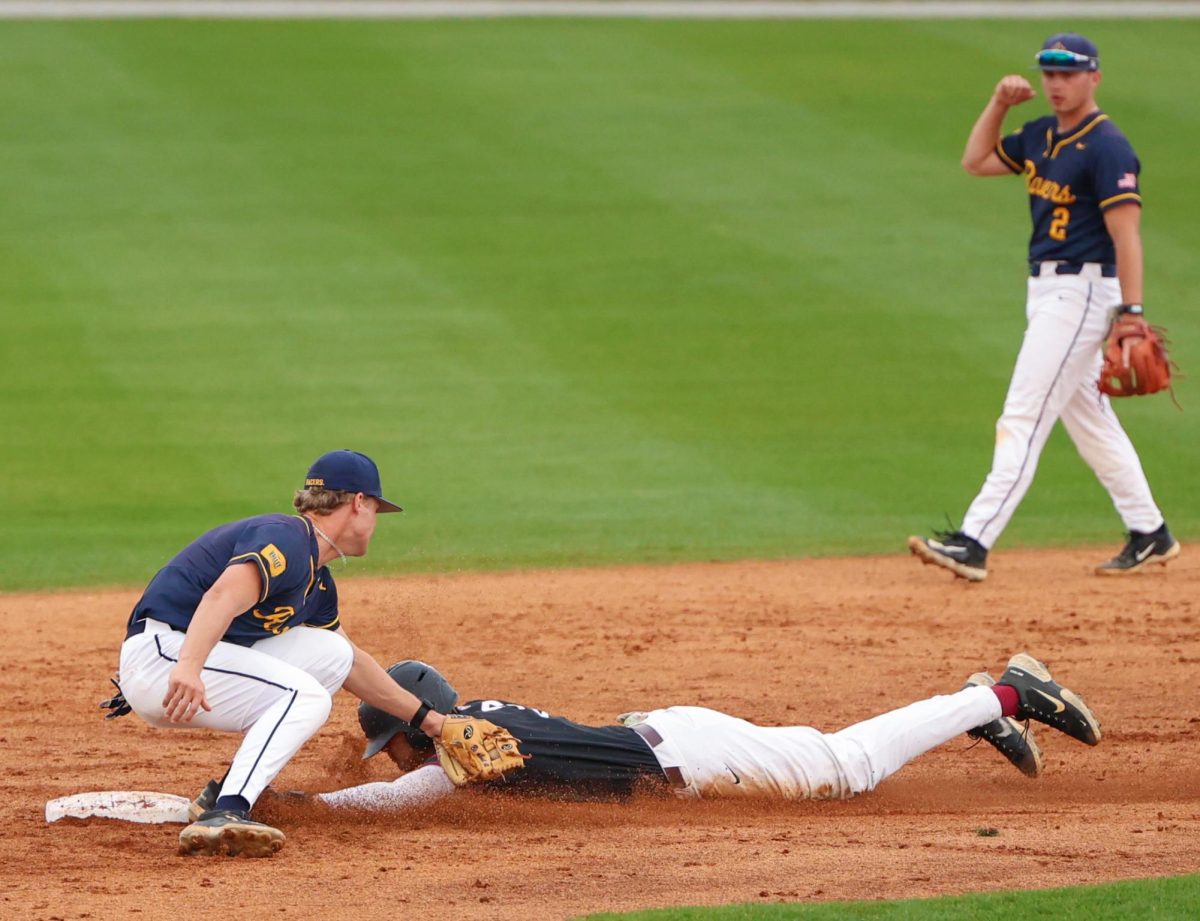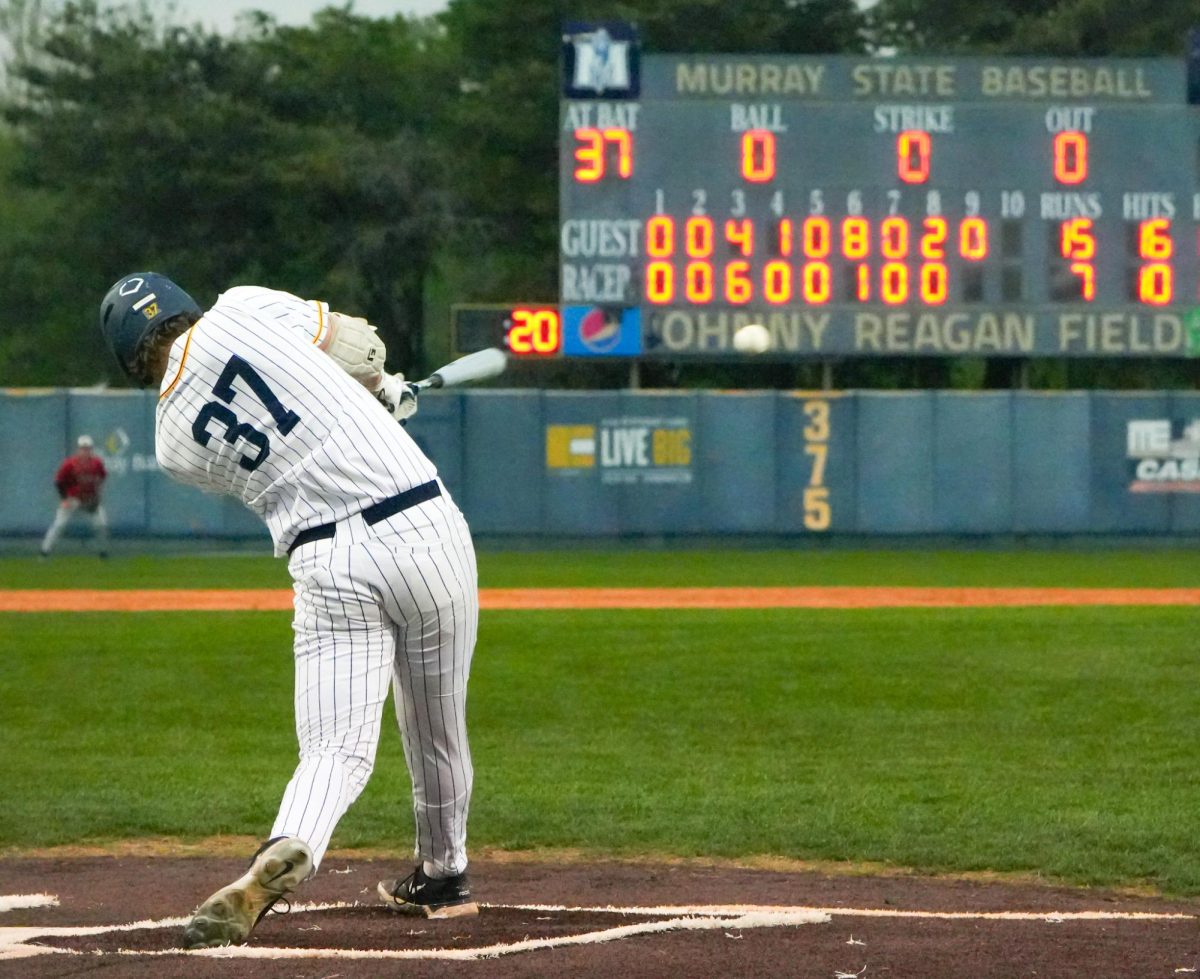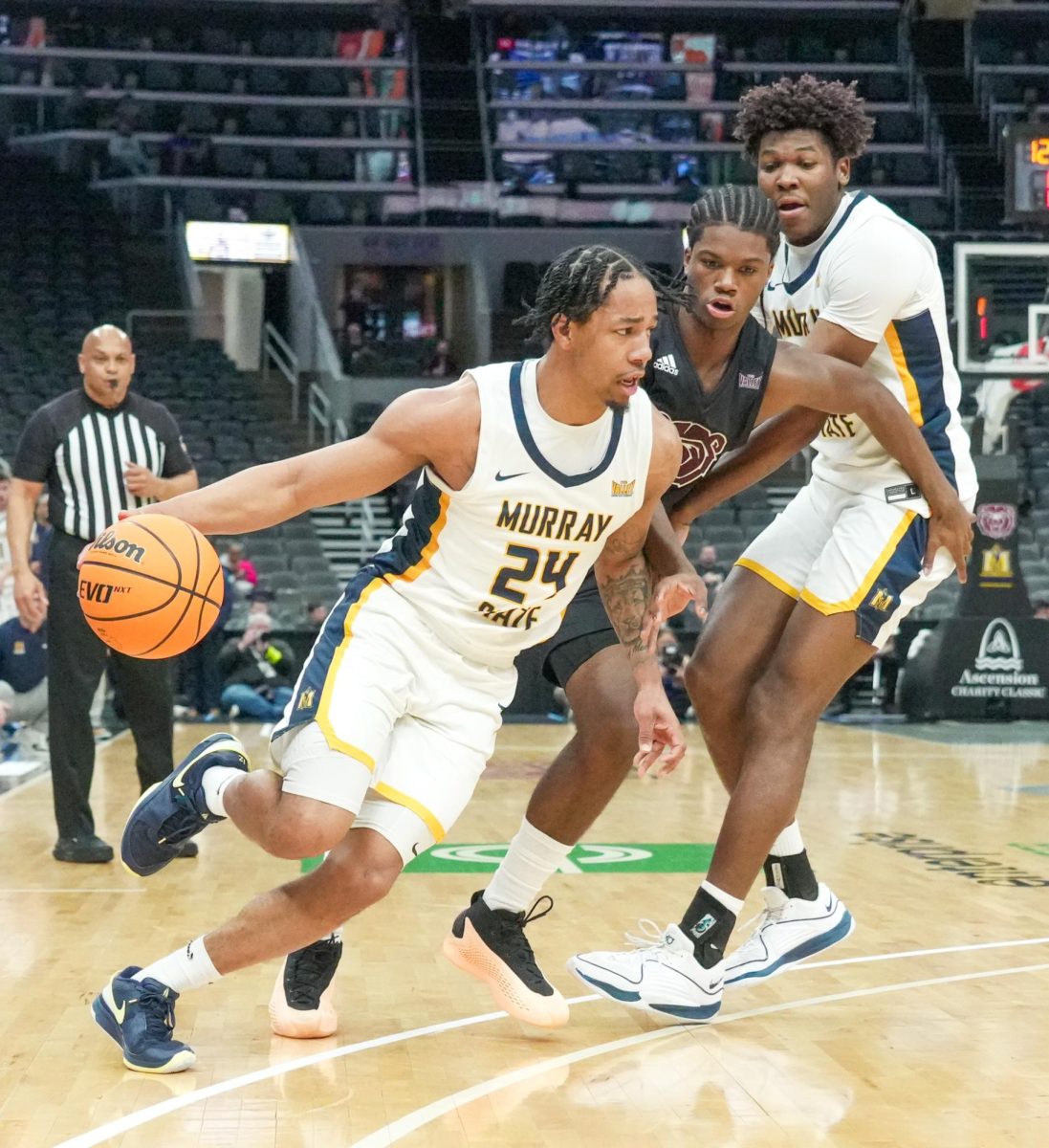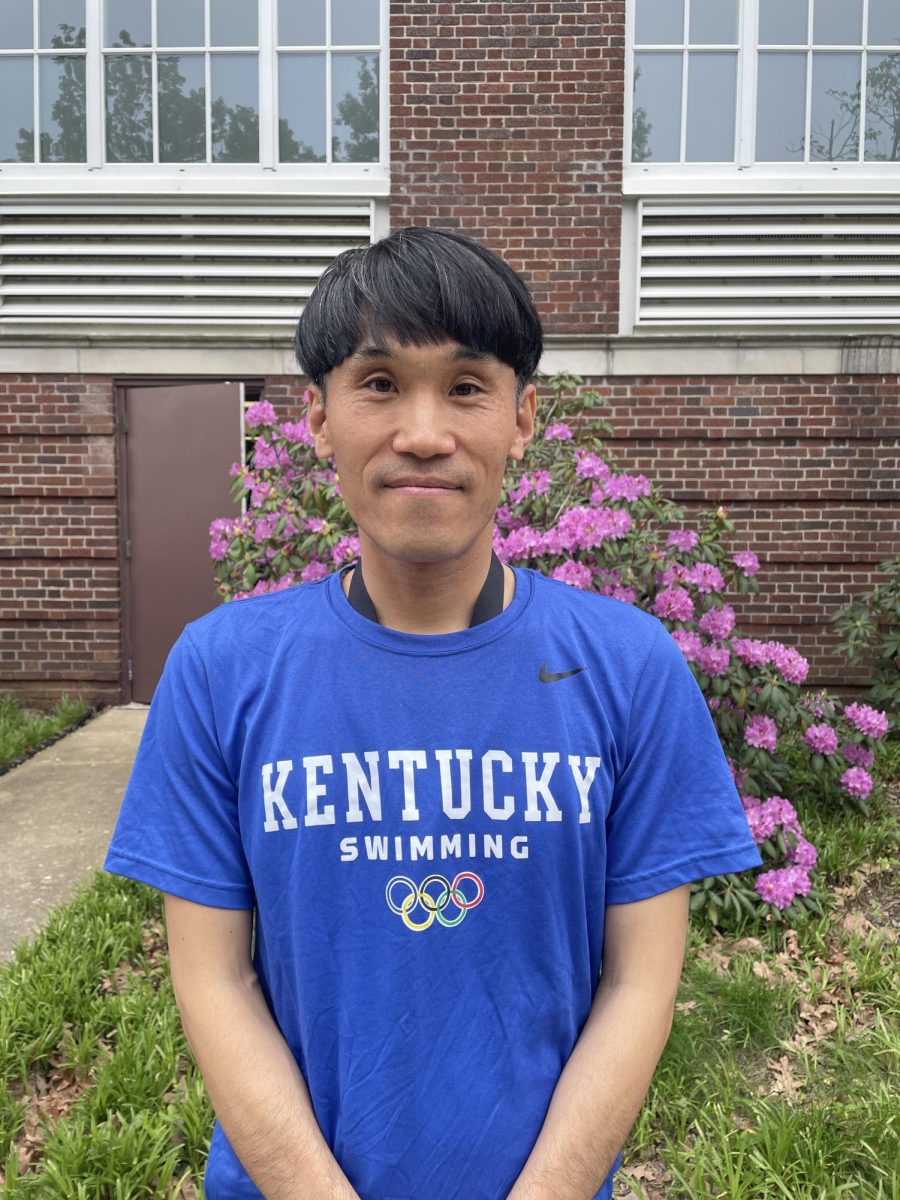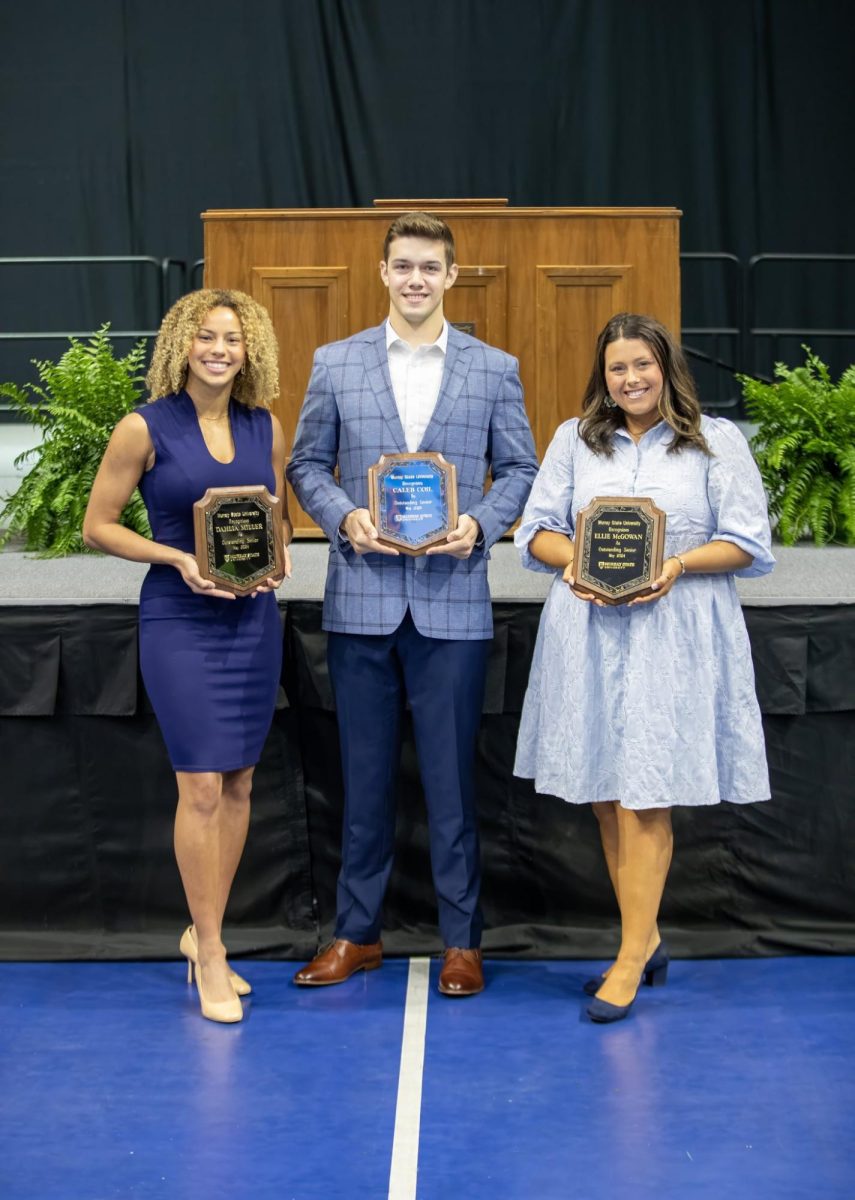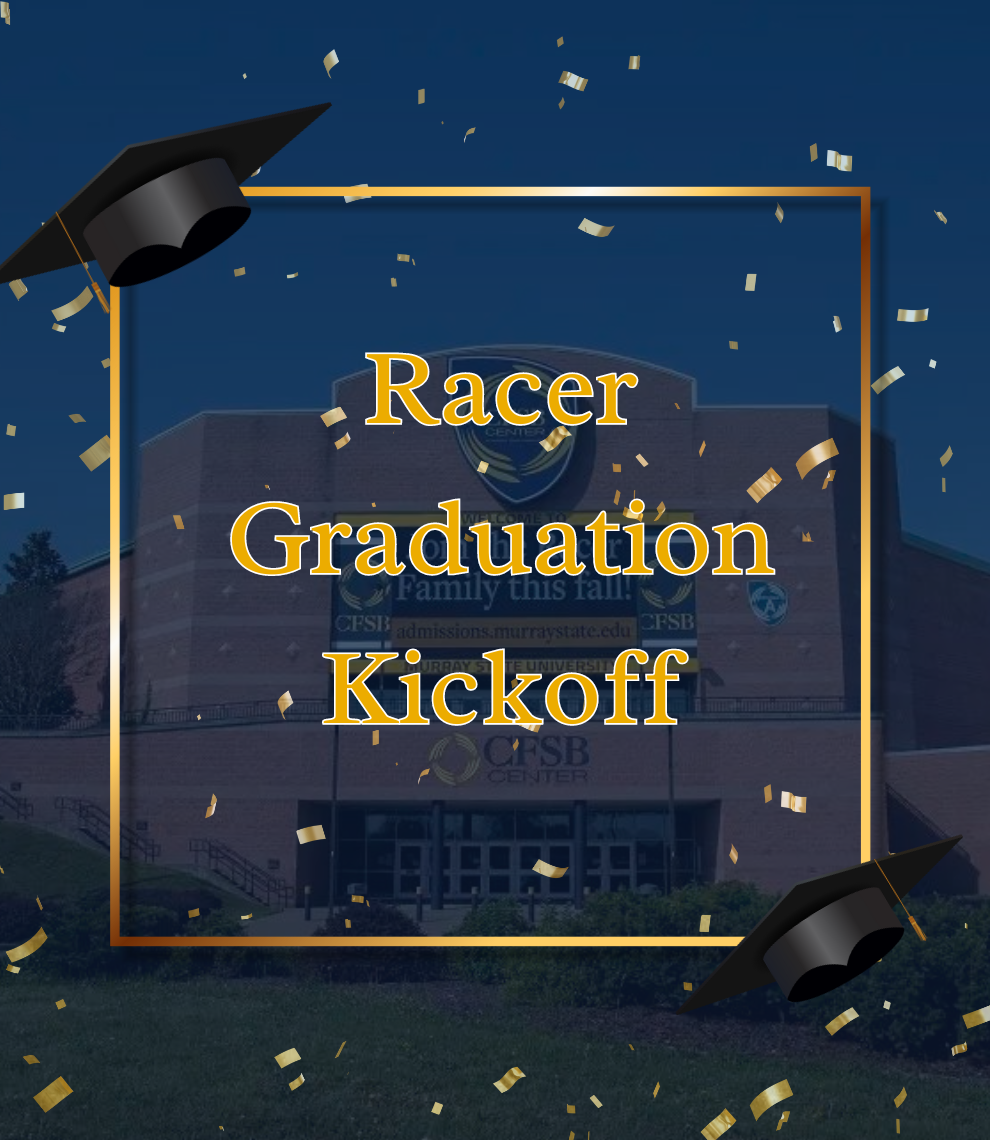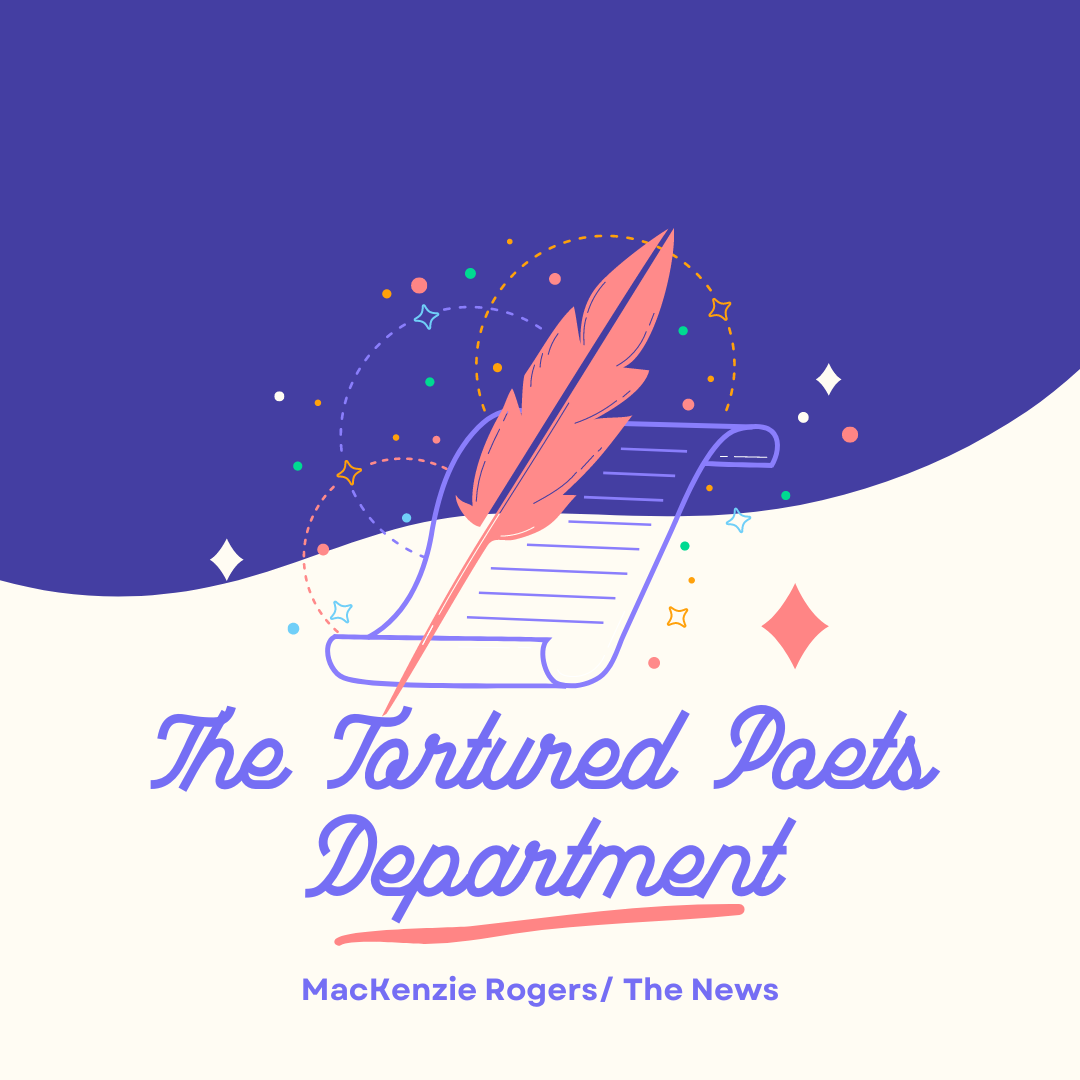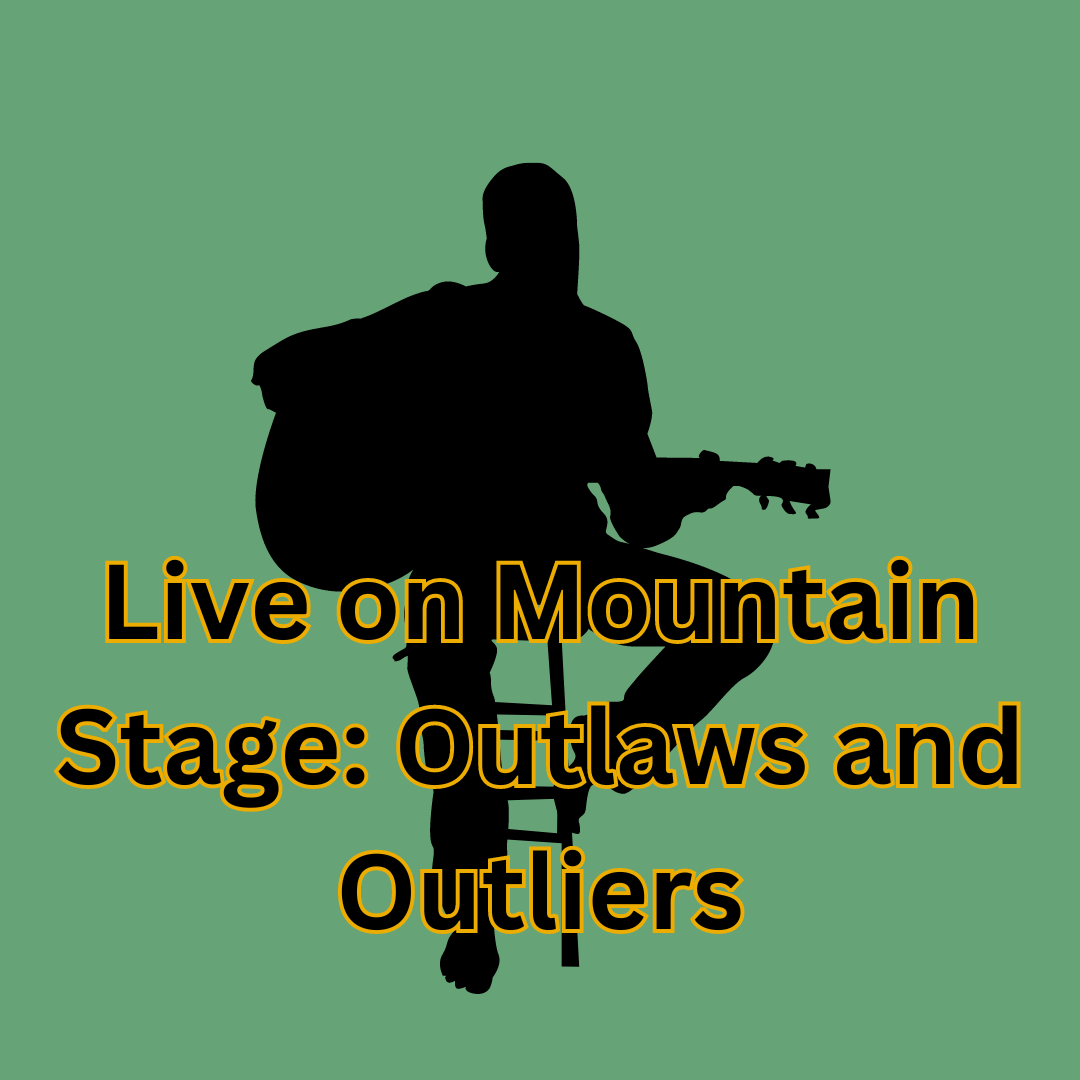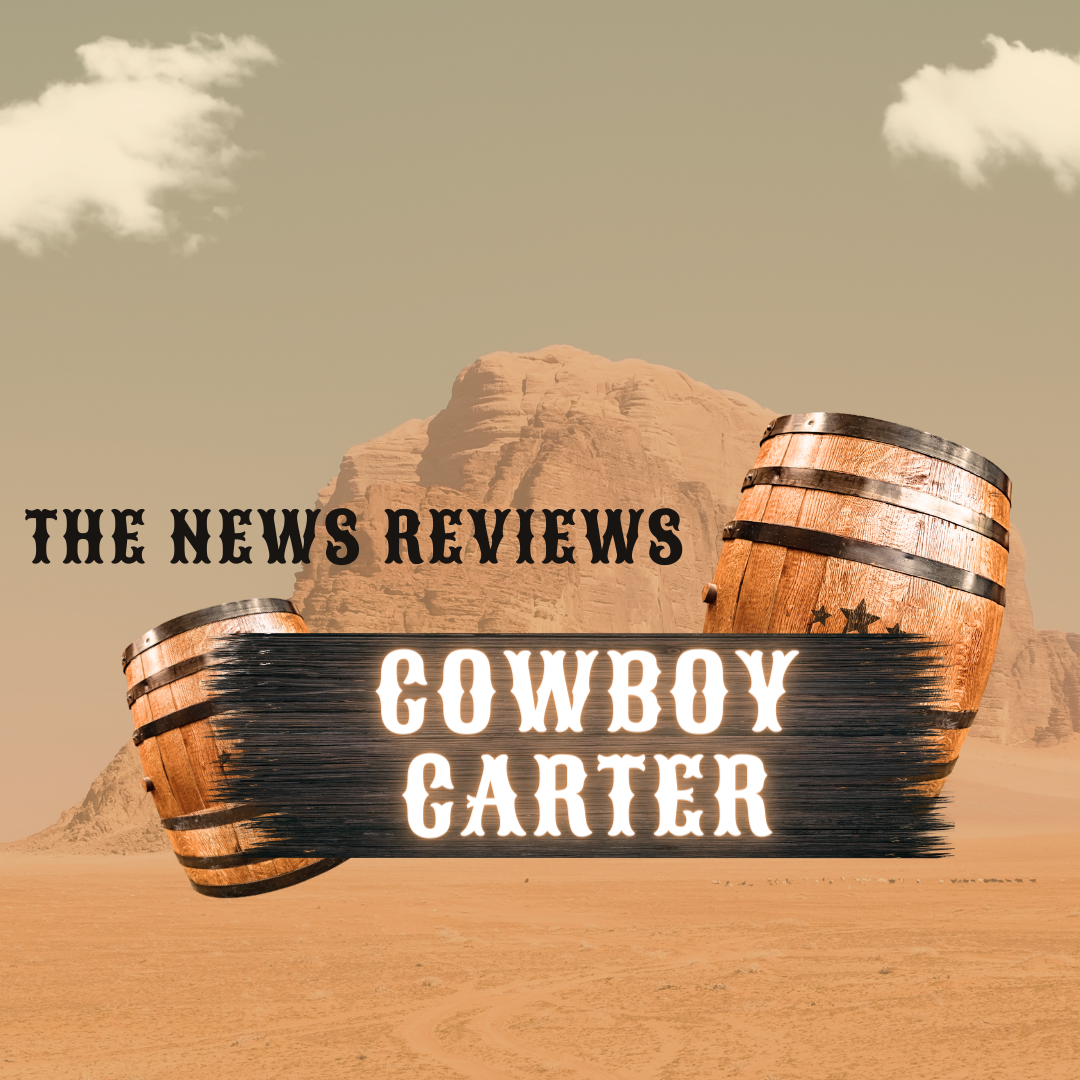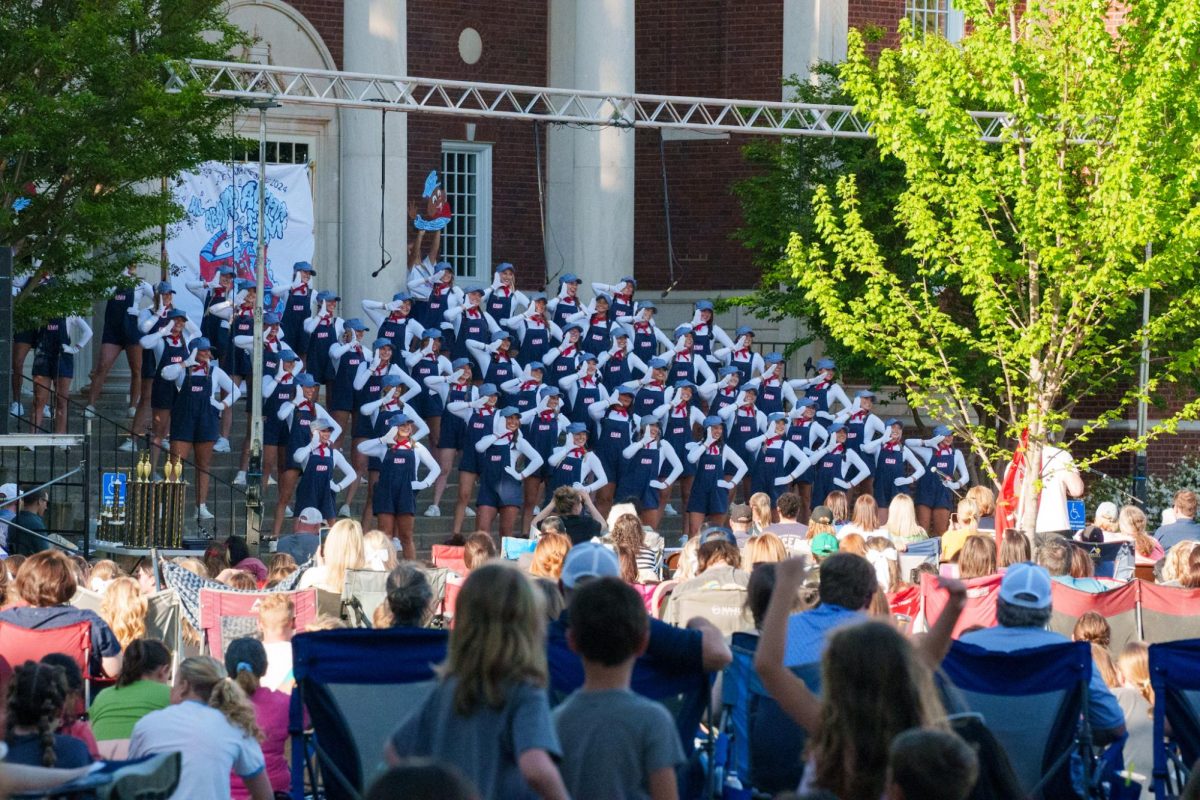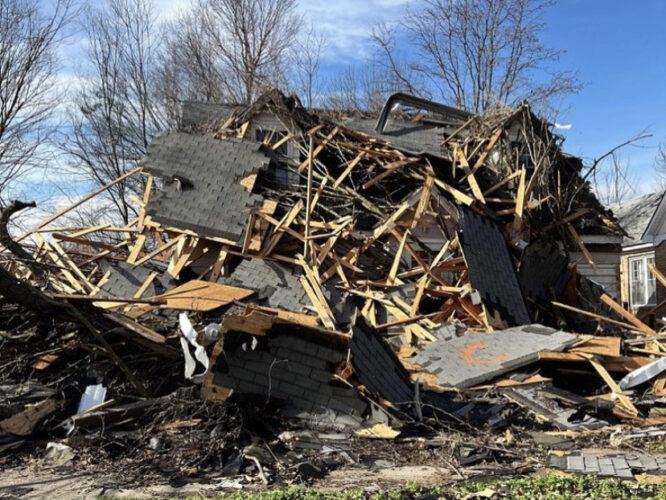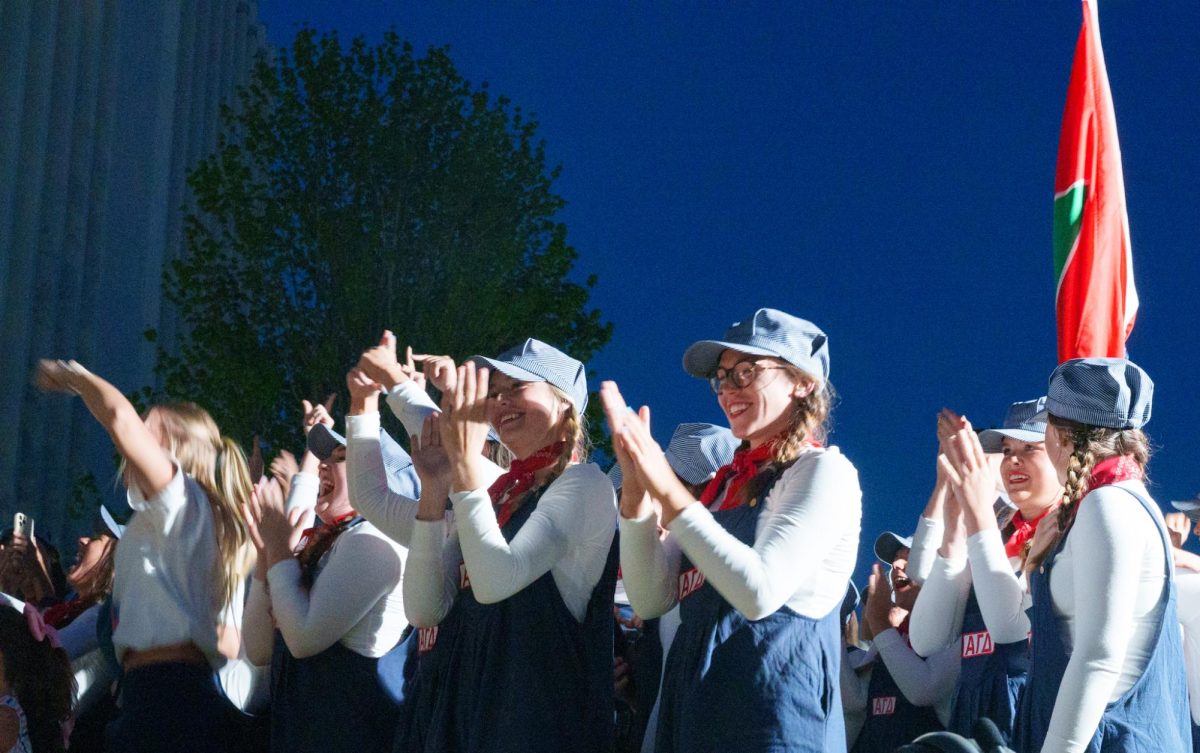Emery Wainscott
News Editor
[email protected]
The Purchase Area Development District (PADD) stationed workforce staff at Murray State Sparks Hall to assist individuals impacted by the storm on Dec. 10, 2021.
PADD is providing services like on-the-job training, work clothing or uniform donations, housing assistance and tuition assistance.
The Western Kentucky Workforce Board received a national disaster recovery grant from the U.S. Department of Labor through the Education and Workforce Development Cabinet.
Associate Director of Workforce Cissy Fox said the funding goes toward individuals who have been laid off or “dislocated,” meaning those who have experienced some kind of job loss, including reduced hours.
For students, this means if they meet this criteria or are low-income, they can either qualify for services from this grant or for grants specific to low-income.
In response to the tornado, the University reached out to PADD asking for staff to be stationed at Murray State.
In December, the University also sent out a campus-wide text announcing the cancellation of the fall commencement ceremony.
Provost Tim Todd said the administration did not expect inclement weather of this scale in December.
“The key with this commencement is both the sheer devastation and [the] power [being] out in the entire region, including the CFSB Center,” Todd said. “For graduates, the upcoming spring commencement is being planned and will be set.”
December graduate Levi Brandenburg said when he received news of the tornado and the damage, he was more surprised than anything.
“The day after, me and my dad drove through the area because we just wanted to see what it was like,” Brandenburg said. “It was pretty bad, but we personally weren’t affected by it. We provided aid because my sister and her boyfriend work … in the southern states to help provide food aid for farmers.”
In the days and weeks following the storm, the CFSB Center operated as a warming center, and the University housed National Guard members during their relief efforts.
Mayuree Chetawatee, Workforce Innovation and Opportunity Act career coach, is stationed in Sparks Hall for those seeking services. She said on-the-job training is offered for those who are seeking employment, whether short-term or long-term.
“A lot of the time, students have lost their vehicles or home or it has been damaged, and students still have jobs and are still able to work, so due to that, [these] students will not qualify for this grant,” Chetawatee said. “However, we do not discourage students to seek out other eligibility, or some may qualify for other grants.”
Fox said part-time students may be considered low income and can receive financial assistance for tuition and books. PADD also offers help with security deposits for rental units to those who are eligible.
Todd said while the University was focusing on relief efforts, graduation took a lower priority.
Brandenburg said the graduates did not receive information about graduation until weeks later.
“The weird thing, though, is we didn’t know anything about commencement … or what was going on with graduation for maybe 3-4 weeks,” Brandenburg said. “We had small updates occasionally, but we didn’t really know.”
Todd said communication was delayed because of the power outages and internet issues.
The administration contacted all local hotels to display signs about graduation, sent out a campus-wide text and answered emails that came through in the morning.
“The University administration had to prioritize efforts and setting up the CFSB Center as a shelter, and coordinating relief efforts with the
National Guard was prioritized,” Todd said. “While we always want to celebrate our graduates, the timing was not right with the devastation, loss of life and destruction facing our neighbors, students, faculty and staff.”
Todd said the uncertainty on the time frame of tornado relief efforts made rescheduling graduation difficult.
“Hosting a commencement ceremony involves a lot of moving parts …,” Todd said. “While moving the ceremony to spring is not the ideal solution for many of our graduates who were excited and ready to walk across the stage, it was the best solution where we could provide the graduates and their families with ample notice to make arrangements to return to campus.”
Brandenburg said many graduates felt that job offers and relocation would conflict with the spring commencement. For Brandenburg personally, he will not be walking in the spring.
“I have a job offer that I’m accepting here in the next few days hopefully,” Brandenburg said. “Because of that, it would conflict with that … I do feel like it’s a lot more inconvenient, though, for the winter students than moving it back a few weeks, [which] I thought would be better. But I understand why they did it. Personally, I just feel like it doesn’t really help the winter graduates as much as they think it does.”
For those interested, PADD has a temporary career center in Mayfield where impacted individuals can apply for disaster-related unemployment and receive help with other programs.


